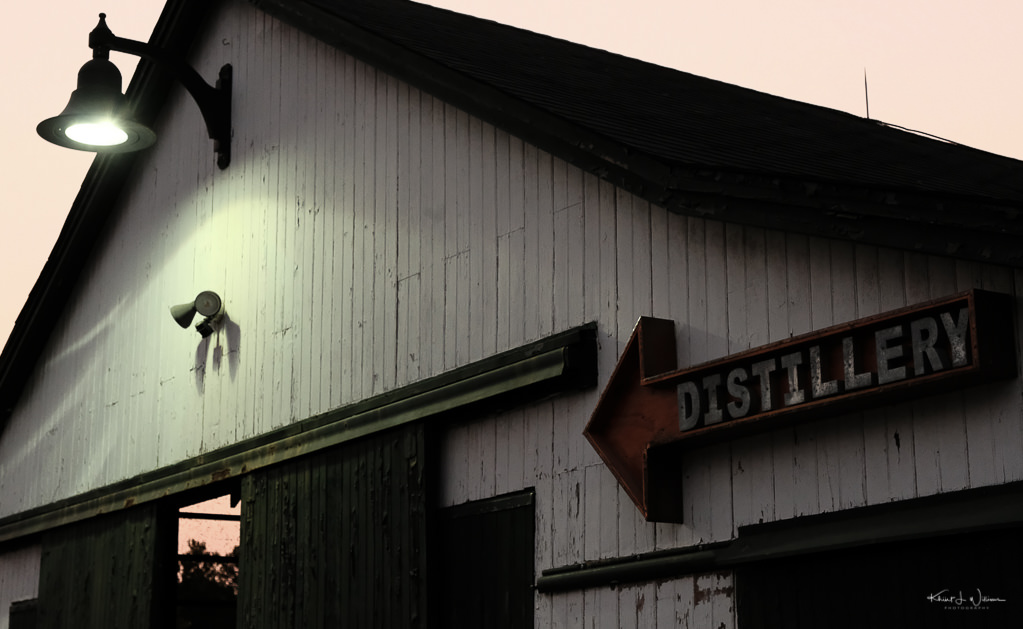This morning I discovered an article on “surge capacity” while skimming my local online news feeds. That article then leads to another article by journalist Tara Haelle. She writes:
Surge capacity is a collection of adaptive systems — mental and physical — that humans draw on for short-term survival in acutely stressful situations, such as natural disasters. But natural disasters occur over a short period, even if recovery is long. Pandemics are different — the disaster itself stretches out indefinitely.
“The pandemic has demonstrated both what we can do with surge capacity and the limits of surge capacity,” says Masten. When it’s depleted, it has to be renewed. But what happens when you struggle to renew it because the emergency phase has now become chronic?
I think depleted "surge capacity" may explain my recent feelings. I want to do further discovery to find out what else I can do besides the "no longer works" recommendations in the article, many of which I have been doing since 2018.
According to Ann Masten, PhD, a psychologist and professor of child development at the University of Minnesota:
“How do you adjust to an ever-changing situation where the ‘new normal’ is indefinite uncertainty?”
...
She says people are having to live their lives without the support of so many systems that have partly or fully broken down, whether it’s schools, hospitals, churches, family support, or other systems that we relied on. We need to recognize that we’re grieving multiple losses while managing the ongoing impact of trauma and uncertainty. The malaise so many of us feel, a sort of disinterested boredom, is common in research on burnout, Masten says. But other emotions accompany it: disappointment, anger, grief, sadness, exhaustion, stress, fear, anxiety — and no one can function at full capacity with all that going on.
Submitted for the 100DaysToOffload project.


